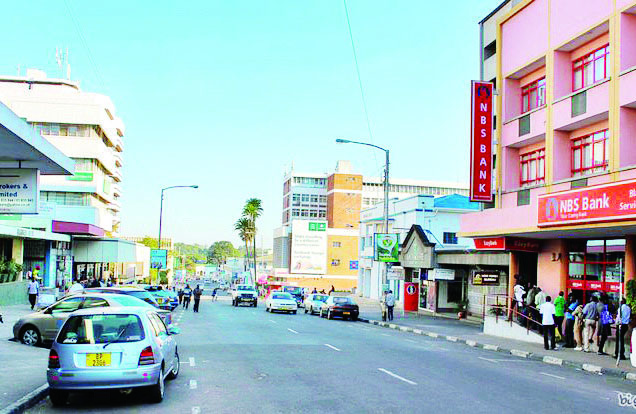
Malawi Banks Set Sights on Global Expansion, Poised to Revitalize National Economy
Key Business Points
- Malawian banks are expanding regionally, with at least three local banks either expanding into new markets or negotiating to purchase controlling stakes in foreign banks, signaling the country’s strength in the financial sector.
- This trend has the potential to strengthen the country’s financial system, availing foreign currency and enhancing portfolio diversification, but also creates exposure to foreign risks and regulatory complexities.
- Local businesses can benefit from a robust financial system, with expansions by banks like First Capital Bank, FDH, and National Bank of Malawi demonstrating the health of local banks and giving confidence to investors, such as watumiaji wa fedha (financial users) and wamiliki wa biashara (business owners).
The expansion of Malawian banks into regional markets is a significant development for the country’s business sector. First Capital Bank (FCB), the country’s first privately-owned commercial bank, has expanded to four other countries, including Mozambique, Zambia, Zimbabwe, and Botswana, with assets worth $1.7 billion. The bank’s founder, Hitesh Anadkat, notes that this expansion has happened against all odds, with the bank facing resistance in countries like Zimbabwe. However, the bank’s operations in the five countries are generating at least $20 million in profits, demonstrating the potential of Malawi’s economy.
Another local bank, FDH, is also making headway into the regional market, with negotiations to buy a controlling stake in an unnamed foreign bank progressing. This follows the bank’s announcement in 2024 that it had looked into prospects in Zambia and Mozambique. National Bank of Malawi (NBM) is also operating in Tanzania after its acquisition of Akiba Bank, although this entry has not been smooth, with some minority shareholders grumbling.
The Reserve Bank of Malawi (RBM) acknowledges the benefits of expansion into foreign markets, including enhancing portfolio diversification, facilitating cross-border trade and payments, and increasing foreign exchange. However, the central bank also cautions that this creates exposure to foreign risks and regulatory complexities. According to RBM spokesperson Boston Maliketi Banda, "Operationally, exposure to foreign markets provides opportunities to adopt international best practices for operational efficiency, access to specialist skills, and leveraging synergies from centralized services in regional banking groups."
For local businesses, this trend has significant implications. A robust financial system is essential for business growth, and the expansion of local banks demonstrates their health and gives confidence to investors. As Napoleon Dzombe, a local investor, notes, "The business sector depends on a robust financial system, and such expansions show that local banks are in good health, which gives them confidence." With Malawian banks continuing to expand into regional markets, local entrepreneurs and businesses can look forward to increased access to finance and ufikiaji wa fedha (access to finance), which can help drive economic growth and development.
What are your thoughts on this business development? Share your insights and remember to follow us on Facebook and Twitter for the latest Malawi business news and opportunities. Visit us daily for comprehensive coverage of Malawi’s business landscape.
- Malawi’s K1.2tn Gold Smuggling Scourge: A Threat to Business Growth and Economic Stability - February 1, 2026
- Revitalizing Malawi’s Economy: Lower Food Prices Signal New Growth Opportunities - January 31, 2026
- Revitalizing Malawi’s Economy: Tackling Climate Related Underfunding for Sustainable Growth - January 30, 2026
